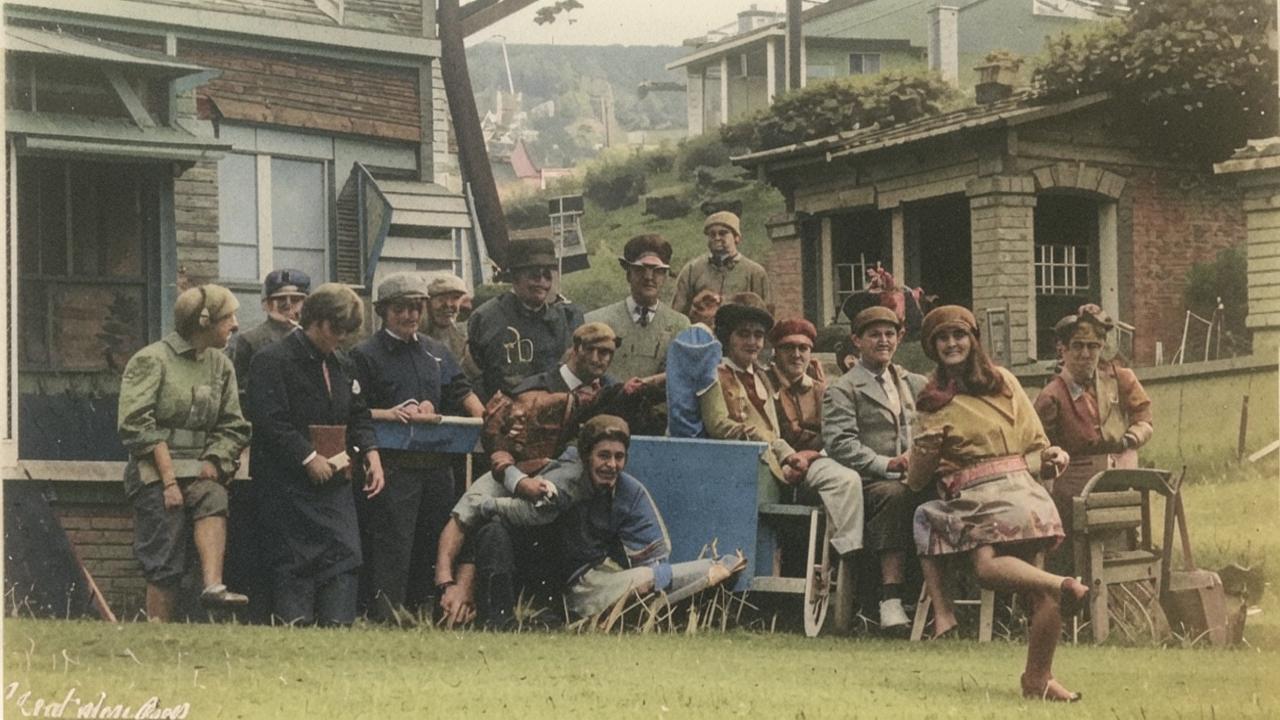
Chartered psychologist, member of the International Association of Psychologists, business coach
“Reasonable skepticism helps to avoid various problems. But an extreme degree of distrust in the world reduces the quality of a person’s life, leading to loneliness and social isolation. What should you do if it has become difficult for you to trust even the closest people?”
What we will tell you about
How trust is formed
Basic trust in the world, according to Erik Erikson’s theory of psychosocial development, originates in early childhood. Approximately in the period from 0 to two years of age. At this stage, the main factor in the formation of trust is the quality of the interaction between mother and child. The degree to which a parent is attentive, behavior predictable, and routines orderly depends on our acceptance of the world for the rest of our lives. If trust is not formed at the primary stage of development, the desire to minimize contact with other people will remain with a person forever.
At the same time, the feeling of trust is not static. It can increase or decrease under the influence of life experience, social and economic situation. Therefore, not always “aloof” and immersed in themselves people are sociophobic. Behind such behavior often hides an internal problem. A person becomes afraid not of the world around him, but of his own feelings, which the external environment can intensify to a painful state.

Why is it important to remain open to the world?
To some of us, the “open person” appears to be a reckless and carefree fool. Is this really the case? Of course not. Open-mindedness is a quality of a rational and conscious person who can analyze and distinguish the good from the harmful.
Such a person is in constant development, because he is interested in many things. He likes to explore them, thanks to which he enriches his knowledge and gains valuable experience in various spheres, becoming versatile and useful to society.
Open-minded people live, interacting with the world not only with the help of the mind, but also with the heart. They are in harmony with their feelings. The mind is conceptualized and mechanistic, while the heart is connected to life energy.

Through this balance a person achieves the fullness of life and gets satisfaction from it. He feels confident in the process of communication, is not afraid to meet new people and maintain old contacts. The circle of communication helps him to easily solve personal and social problems that arise, to advance in his career. His energy is directed to life itself, not to fight against it.
People who close themselves off from the world and rely solely on the mind have fewer opportunities for personal and professional self-realization. They limit themselves in living out emotions and feelings, so they experience a lack of vitality.
Symptoms that you have shut yourself off from others
1. You have low self-esteem, you do not consider yourself worthy of a full life
At the “root” of this problem is often a trauma received in childhood. For example, resentment formed in a situation with an adult. It could be a teacher or coach. Or “childish” resentment against parents, which a person could not overcome in adulthood.
2. You ran out of energy
As a rule, energy is consumed by unfinished trauma that you are unable to let go of. It can also be consumed by the defense mechanisms of our psyche. Their job is to keep us safe, so under stress they cause us to exclude ourselves from contact with others. If anxiety rises regularly, we become withdrawn and distrustful.
3. You have been unable to let go of a tragic situation for years
The death of a loved one or a breakup with a loved one are truly the most painful losses in life that take time to comprehend and accept. In some people, the bitterness of loss does not subside for several years. In such a difficult condition, a person feels the loss of resources and support, and there is a desire to isolate from society.

4. You are vulnerable and defenseless
If you consider yourself vulnerable and defenseless as an adult, it may be the result of low self-esteem or childhood traumas. This state is inherent in the child and teenager. Growing up, especially vulnerable and defenseless in childhood, people become sensitive. But there is one important point here. Sensitivity is a different, more “productive” state, because an adult has more resources and opportunities for self-support and defense of his or her boundaries.
By perceiving yourself as defenseless, you are manifesting from the position of a child. You think the world is a hostile place. In it, someone is constantly having to protect you and help you. However, the people around you are not your parents. They are not obliged to fulfill such requirements, because they interact with you in a different context.
To get out of the “childish” position, it is important to realize that vulnerability and defenselessness have been replaced by sensitivity. This is a great opportunity for growth. As an adult, sensitivity helps you to establish deep contact with the world, to realize yourself in art and creativity, to surround yourself with people close to you.
5. You are well alone since childhood
Such a worldview is characteristic of an introverted person with a minimal need for communication.
How to overcome the closedness?
If you have lost trust in people, lost the desire to communicate with them and are afraid to open up to the world, do not leave this situation without attention and do not despair. The following recommendations will help you cope with the problem.
- The first step to overcoming withdrawal and mistrust is to seek professional help. Everything about withdrawal and mistrust is related to trauma. Therapy can help you work through the events that have impacted you, as well as realize your position in those situations. It is important not just to remember the traumatic moments. You need to rethink them as an adult.
- Analyze your childhood traumas and try to look at what happened to you in the past in a new way. Your parents or other adults may not have meant to hurt you, but rather to mold you into a well-rounded person. However, your childhood view of those events may have been different. Today, rethinking traumatic events from an adult’s perspective will give you the opportunity to see the situation in a “new light.”

- Trust in people and openness are properties of a mature person who is ready to take responsibility for his/her communication with the world and other people. Such a person is able to accept and harmonize the negative version of the development of these relationships. Accept the idea that to trust means not only to hope that someone will fulfill your expectations, but also to take risks in case the other person does not.
- Try to socialize with more mature, established people. This will help you in overcoming internal barriers. Observe their decision-making principles. So you will realize that defenselessness, extreme mistrust and finding out relationships with others on this basis do not bring success in life.
- Concentrate on your profession and self-actualization. Focus on achievements and results, and you will become more confident, increase your self-esteem and open yourself up to opportunities.
A good way to establish contact with the environment, to work through closedness and distrust is a therapeutic session using the practice of “Six Movements of Love”. It is based on the concept of Gestalt therapist Ruelle Frank “about six basic movements of contact development in infancy”. The practice involves the practitioner working with the disturbances that arose in infancy in one or more of the steps.
Movement 1. Relax (YIELD): quality rest is necessary to store energy for later activity, communication, and goal achievement. If you have a hard time relaxing, you are “on alert” all the time to confront problems, this indicates difficulty trusting the world.
Movement 2: PUSH: Do you feel unsupported within yourself or unable to rely on loved ones in times of need? These are symptoms that suggest you have trauma in this movement.
Movement 3: Reach for the world (desire) – REACH: If your parents were extremely restrictive in limiting your desire to explore the world around you, as an adult you will suppress your own desires.
Movement 4: Reach out (desire fulfillment) – GRASP: If your elders continually and firmly stop you from grabbing or touching anything, you will have difficulty with patience and persistence as an adult.
Movement 5. Appropriate, recognize as their own, enjoy possession (the realization of desire) – PULL: if at the age of three or four years you did not feel what it is like to own and have ownership of any thing, such as a toy or candy, you were taken away or forced to give gifts, later you will begin to seek to devalue all that you receive, including through their work. Violations of this movement are also expressed in insatiability, when a person does not have enough of everything he possesses.
Movement 6: Giving, sharing (RELEASEING): the trauma of this stage is expressed in the discomfort you feel when you give things to people or share emotions with them.
By overcoming traumas, you will not only be free from them, but also gain new resources for personal and professional growth. You will learn to manage your boundaries, open yourself to new things and close yourself off from unnecessary things. This flexibility determines the ability to feel comfortable in society, to form an environment around you that corresponds to your values and worldview, and to get satisfaction from life.






